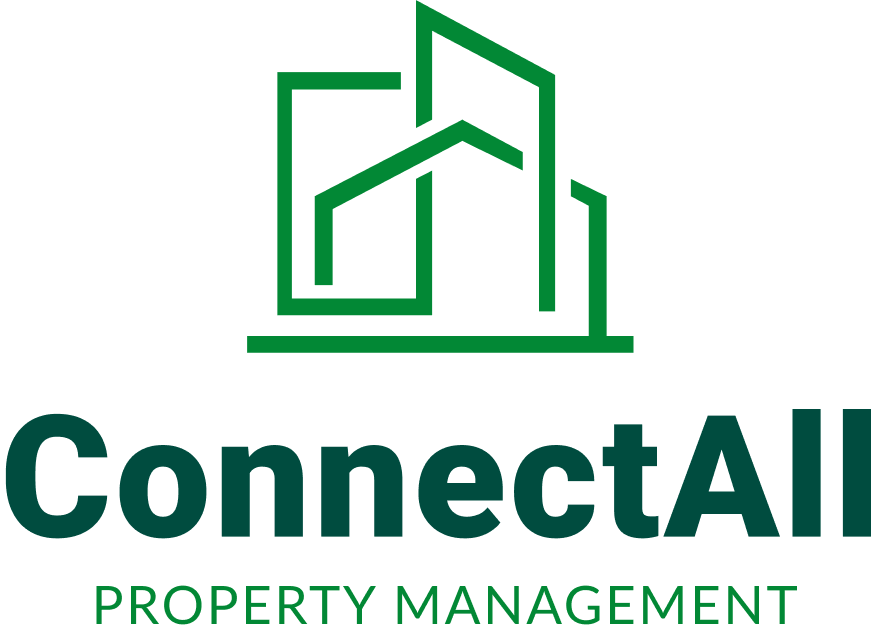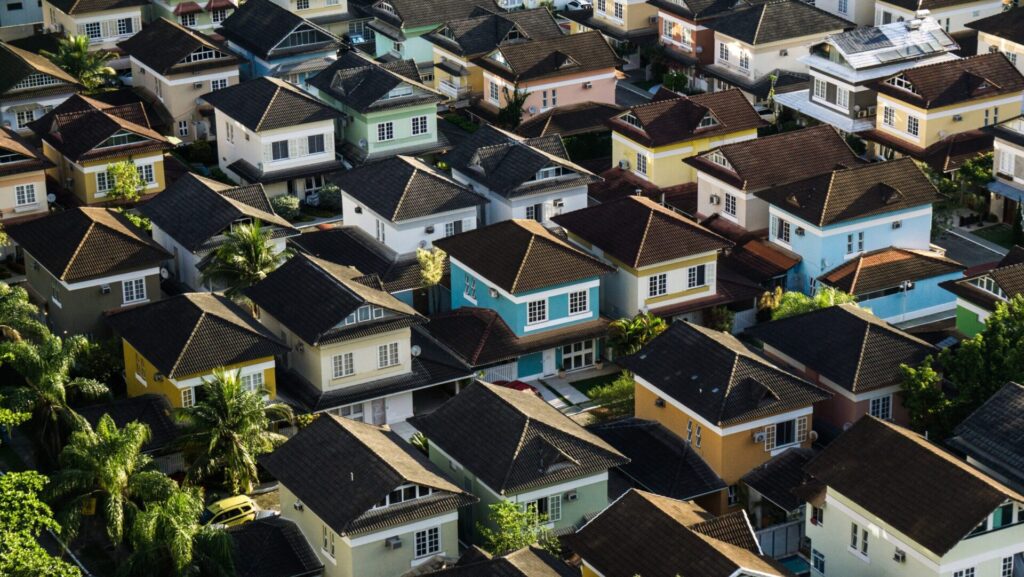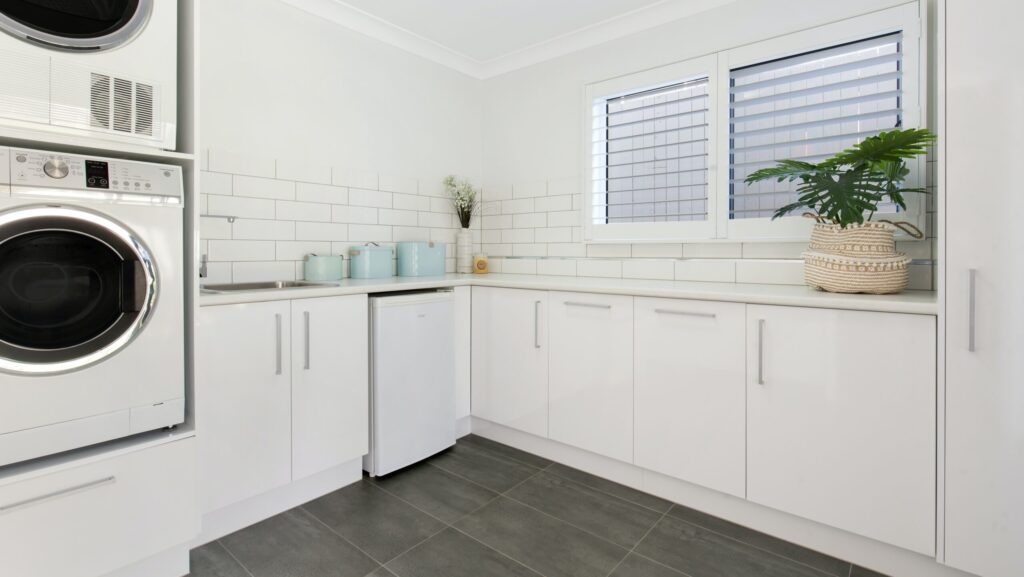Purpose
This Mold Policy is designed to provide guidelines for preventing, identifying, and addressing mold growth in rental properties. Both the tenant and the landlord share responsibility in preventing mold and handling any mold-related issues.
Landlord Responsibilities
Property Maintenance
To ensure tenant safety and maintain compliance with Massachusetts laws, landlords must:
Maintain the Property: Keep the property in good repair and free from moisture intrusion points, such as leaking roofs, windows, pipes, or other plumbing issues.
Regular Inspections: Conduct periodic inspections to identify potential sources of mold growth, including leaks and ventilation problems.
Timely Repairs: Promptly address any reported moisture or water damage issues that could lead to mold growth.
Provide Adequate Ventilation: Ensure the property has functioning ventilation systems, such as bathroom and kitchen exhaust fans.
Responding to Mold Issues
Upon receiving a tenant’s mold complaint, landlords are required to:
Investigate Promptly: Inspect the reported issue within 48 hours of receiving the complaint.
Repair Structural Issues: Resolve any structural problems contributing to mold growth, such as leaks or drainage issues.
Remediate Mold Safely: Remove any mold present in accordance with professional mold remediation guidelines, ensuring tenant health and safety throughout the process.
Communicate with Tenants: Keep tenants informed about the investigation, remediation, and any steps being taken to prevent future mold growth.
Professional Remediation
For mold issues larger than 10 square feet or in cases where health risks are significant:
Hire Professionals: Engage a licensed mold remediation service to address the issue safely and effectively.
Prevent Recurrence: Following remediation, take steps to prevent future mold problems, such as replacing damaged drywall or sealing areas prone to moisture.
Tenant Responsibilities
Mold Prevention
Tenants are expected to take reasonable steps to prevent mold growth by:
Ensuring Proper Ventilation: Use exhaust fans or open windows in moisture-prone areas, such as kitchens and bathrooms.
Avoiding Excess Moisture: Wipe down wet surfaces and prevent standing water from accumulating in sinks, tubs, or other areas.
Maintaining Cleanliness: Regularly clean and dry areas where moisture accumulates, especially in bathrooms, kitchens, and laundry spaces.
Using Dehumidifiers: In areas of high humidity, tenants should consider using a dehumidifier to reduce indoor moisture levels.
Reporting Issues
To facilitate prompt resolution of mold-related issues, tenants must:
Report Water Leaks Immediately: Notify the landlord as soon as possible about leaks, water damage, or mold growth.
Maintain Clean Conditions: Keep the property clean and free of excessive moisture that could contribute to mold growth.
Responsibility for Tenant-Caused Mold
If mold results from tenant negligence, such as failing to use ventilation, improper cleaning, or not reporting issues:
Tenant Liability: Tenants may be held responsible for remediation costs, including mold caused by unreported leaks or other preventable issues.
Cooperation Required: Tenants must provide landlords and contractors with prompt access to the property for inspections, repairs, and remediation efforts.






